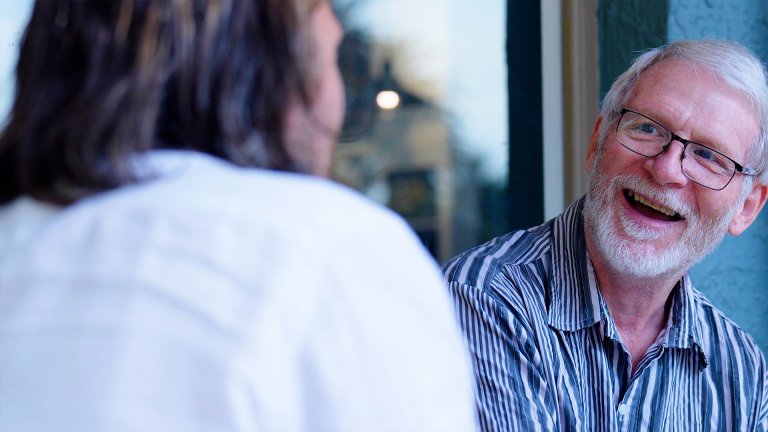Unlocking Happiness: What Himalayan Monks Teach Us About Mental Health
In the lush valleys and snowy peaks of the Himalayas, a group of Tibetan monks has quietly mastered an ancient practice that could transform how we approach mental health. Thanks to groundbreaking research by neuroscientist Dr. Richard Davidson, we now have scientific evidence that their meditation practices can reshape the brain—and improve mental well-being in ways that are accessible to everyone.
For those of us here in New Zealand, where mental health challenges are a growing concern, Davidson’s findings offer hope. They show that with simple, consistent practices, we can boost our resilience, reduce stress, and even rewire our brains for greater happiness.
What Did the Science Discover?
Dr. Davidson, who has spent decades studying the intersection of neuroscience and meditation, scanned the brains of Himalayan monks who had dedicated thousands of hours to meditation. Here’s what he found:
- Unprecedented Brain Activity: The monks exhibited extraordinarily high levels of gamma waves, which are linked to focus, empathy, and a sense of well-being.
- Neuroplasticity in Action: Their brains showed physical changes in areas associated with emotional regulation and attention, proving that meditation can reshape the brain.
- Sustained Happiness: The monks reported deeper states of happiness, correlating with their brain patterns.
While the monks’ level of practice is extraordinary, Davidson’s research highlights an important truth: you don’t have to be a monk to benefit from meditation. Even short, consistent practices can create measurable improvements in mental health.
The State of Mental Health in New Zealand
Here in Aotearoa, mental health is a pressing issue. One in five New Zealanders experience mental illness each year, and suicide rates remain unacceptably high. Stress, anxiety, and depression affect people of all ages, yet many struggle to find tools to cope. Davidson’s findings suggest that meditation, an ancient practice that is free and accessible, could be a powerful tool to support mental well-being.
How You Can Implement These Practices
If the idea of meditation feels intimidating or unfamiliar, don’t worry. The beauty of Dr. Davidson’s research is that even small, manageable steps can make a difference. Here’s how you can get started:
1. Start Small
- Begin with just 5–10 minutes a day. Apps like Headspace or Calm can guide you through simple mindfulness exercises.
- Find a quiet space where you can sit comfortably and focus on your breath.
2. Practice Gratitude
- Reflect on three things you’re grateful for each day. This practice can rewire your brain to focus on positive experiences.
- You might do this as part of a journaling routine or before bed.
3. Cultivate Compassion
- Try a “loving-kindness” meditation, where you silently repeat phrases like, “May I be happy. May I be healthy,” and then extend those wishes to others.
- Research shows that compassion practices reduce stress and foster stronger connections with others.
4. Join a Community
- Many New Zealand communities now offer mindfulness or meditation classes, often through local mental health organisations or gyms.
- If group settings appeal to you, yoga classes often incorporate mindfulness and breathwork.
5. Commit to Consistency
- Think of meditation as mental fitness. Like going to the gym, the benefits grow with regular practice.
- Even a few minutes a day can create meaningful change over time.
Why It Matters for New Zealanders
In a society that values busyness and productivity, it’s easy to overlook the importance of slowing down. Yet Dr. Davidson’s work reminds us that taking time to train our minds is just as important as taking care of our bodies.
The mental health challenges in New Zealand require more than traditional approaches. Integrating mindfulness practices into our daily lives can help us build resilience, foster emotional stability, and create a foundation for a happier, healthier society.
Your Mind is Malleable
Dr. Davidson has often said, “Well-being is a skill.” His research shows that with intention and practice, anyone can cultivate a greater sense of happiness and purpose. For those of us in New Zealand navigating the pressures of modern life, this is an empowering message: we are not victims of our circumstances—we can take small, actionable steps to improve our mental health and build a brighter future.
The path to well-being isn’t found in the Himalayas alone. It begins in our own minds, here at home, one breath at a time.






